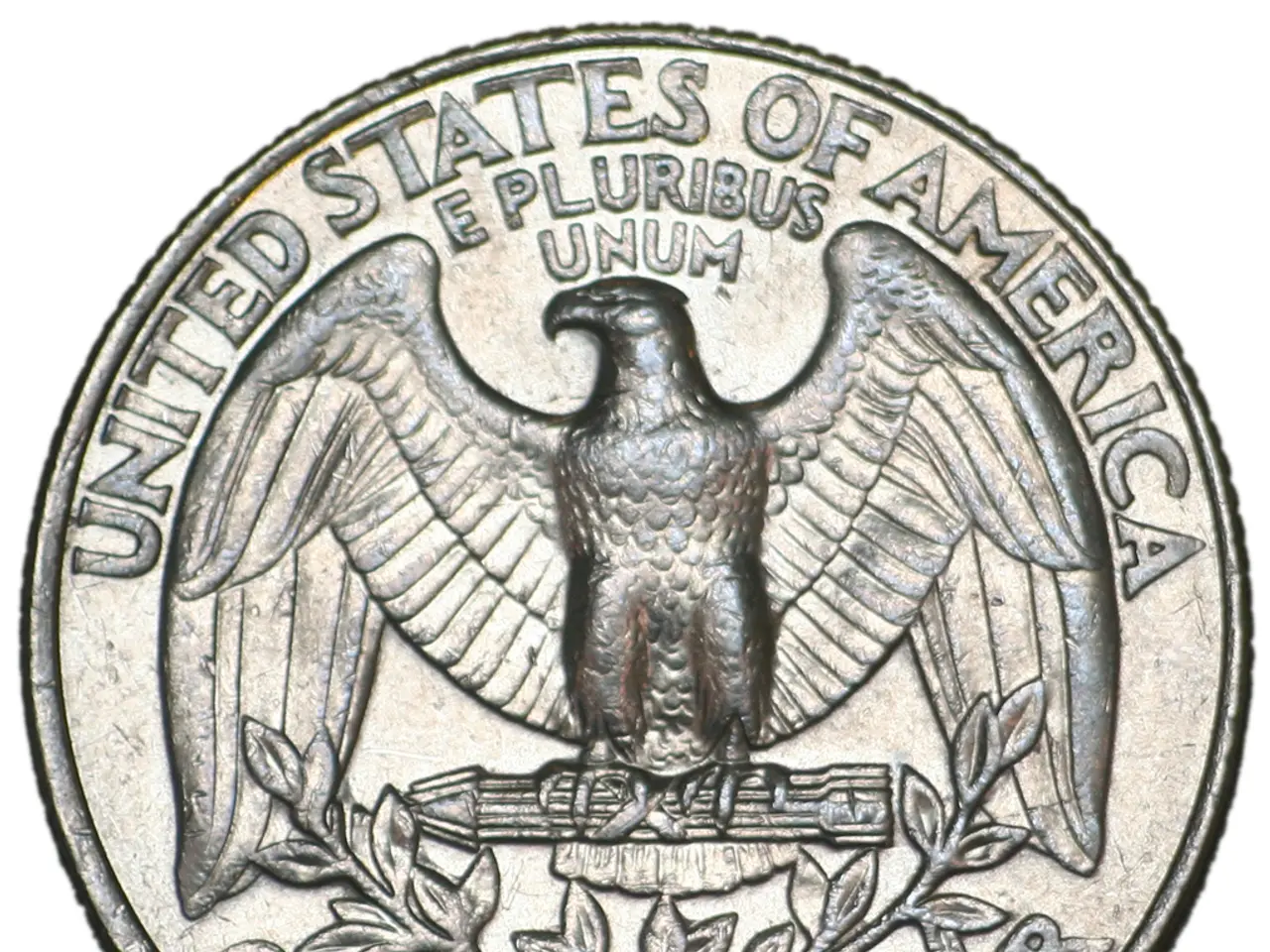Crypto Regulation in Vietnam Imminent with Resolution 05/2025, Stirring Worry Among Investors
In recent developments, both Vietnam and South Korea have taken significant steps towards regulating cryptocurrency transactions.
Vietnam has launched a pilot version of a legal digital asset market through Resolution 05/2025/NQ-CP. The pilot programme is expected to be operational for six months after the first exchange in Hanoi is licensed, which is anticipated in early 2026. This marks a significant milestone in Vietnam's efforts to establish a regulated cryptocurrency market.
All crypto dealings in Vietnam must be conducted through licensed platforms after a grace period, and the registered capital for these exchanges must exceed 10,000 billion VND (~$400M). Licensed exchanges are required to have local servers, domestic staff, and full regulatory compliance. Foreign ownership in Vietnamese licensed crypto exchanges is capped at 49%.
The deadline for investors to adapt to these new regulations is the beginning of 2026. Cryptocurrency income such as airdrops, staking, farming, and other types of crypto income might be considered as personal income in Vietnam, with tax rates ranging from 5-35%. Full KYC/AML and system audit requirements are imposed on licensed crypto exchanges in Vietnam.
Using VPNs to access foreign or unlicensed platforms after the grace period may result in administrative or criminal penalties. Furthermore, P2P trading not conducted on a licensed platform will also be subject to punishment after the grace period.
On the other hand, South Korea has been actively regulating its cryptocurrency market as well. The securities tax model proposed in the draft cargo tax structure suggests a 0.1% tax on the value of transactions. Stablecoin volume in South Korea amounted to $42 billion in 2025 alone, highlighting the importance of endorsing stablecoins in competition.
In South Korea, only 5 exchanges are licensed under the VASP regime, and foreign platforms without banking access are IP-blocked and cannot convert crypto to KRW legally. DEX activity in South Korea is taxable, with income exceeding 50 million won subject to a 20% tax. DEXs are not illegal in South Korea, but they are covered by the Travel Rule for transactions exceeding approximately $750.
Potentially, Binance, OKX, and MEXC could receive a license in Vietnam starting early 2026. However, further usage of Binance or similar sites without local licensing after the deadline can be considered a violation of the legislation in Vietnam. When converting profits to fiat in South Korea, full KYC and disclosure of transactions are required.
The term "giao dịch tại Việt Nam" (transactions in Vietnam) is a grey area, and guidance from the Ministry of Finance is awaited regarding its interpretation. As both countries continue to refine their regulatory frameworks, it is clear that a future of regulated and compliant cryptocurrency transactions is on the horizon.
Read also:
- Transforming Digital Inventories in the Food Industry: A Comprehensive Guide for Food Businesses
- Munich Airport Unveils Its New Electrical Vehicle Charging Parksite
- 1. Key Points for August 14: Gathering in Alaska, Immigration Enforcement (ICE), Financial service Zelle, Infowars, and Air Canada Airline Incidents
- Automobile manufacturer IM Motors reveals an extended-range powertrain akin to installing an internal combustion engine in a Tesla Model Y.






